“O Prophet, take out charity from the believer’s wealth so that their money and their souls are purified…” (Quran 9:103)
Religion and Polity
O People, just as you regard this month, this day, this city as Sacred, so regard the life and property of every brother as a sacred trust. Return the goods entrusted to you to their rightful owners. Hurt no one so that no one may hurt you. Remember that you will indeed meet your Lord, and that He will indeed reckon your deeds. God has forbidden you to take usury (excessive interest of lending money); therefore all interest obligations shall henceforth be waived.
Beware of Satan, for your safety of your religion. He has lost all hope that he will ever be able to lead you astray in big things, so beware of following him in small things.
O People, it is true that you have certain rights with regard to your women, but they also have right over you. If they abide by your right then to them belongs the right to be fed and clothed in kindness. Do treat your women well and be kind to them for they are your partners and committed helpers. And it is your right that they do not make friends with any one of whom you do not approve, as well as never to commit adultery.
O People, listen to me in earnest, worship God, say your five daily prayers (Salah), fast during the month of Ramadan, and give your wealth in charity (Zakat). Perform the pilgrimage (Hajj) if you can afford to. You know that every believer is the brother of another believer. You are all equal. Nobody has superiority over other except by piety and good action.
Remember, one day you will appear before God and answer for your deeds. So beware, do not astray from the path of righteousness after I am gone.”
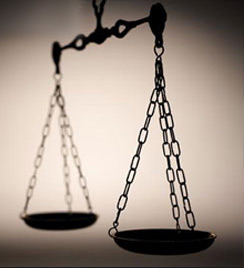
Khwarazmian dynasty in Persian (1077-1231)
Mamluk Sultanate (Delhi) (1206-1290)
Mamluk Sultanate (Cairo) (1250-1517)
Mamluk dynasty of Iraq (1704-1831)
Indeed, they were slaves who became kings and ruled vast areas of Muslim empires.
Contemporary Issues


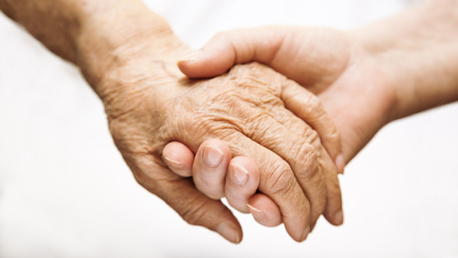
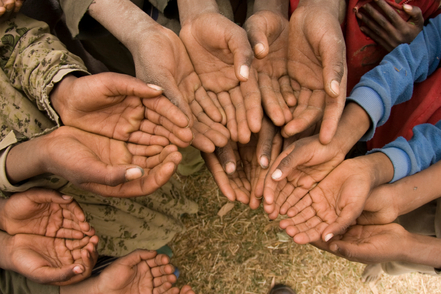
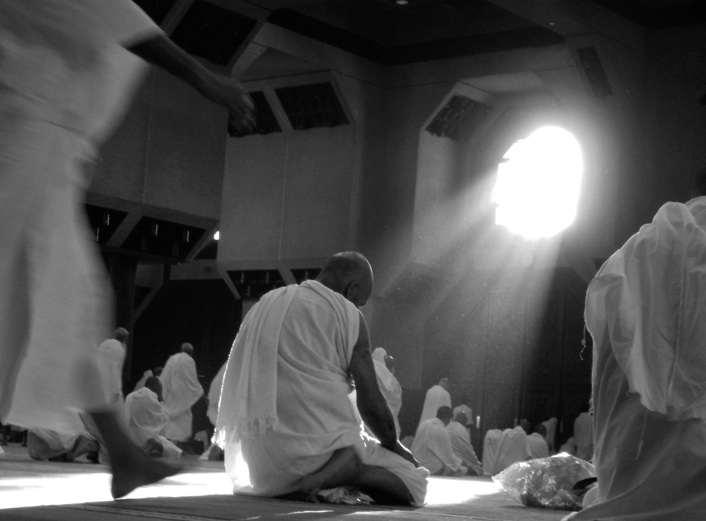
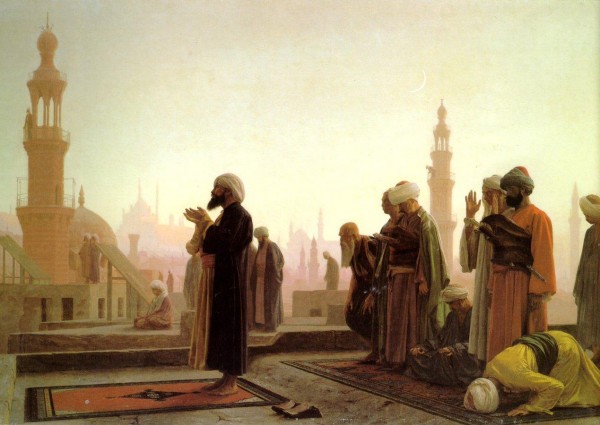
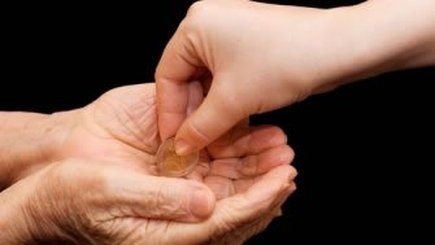
 RSS Feed
RSS Feed
